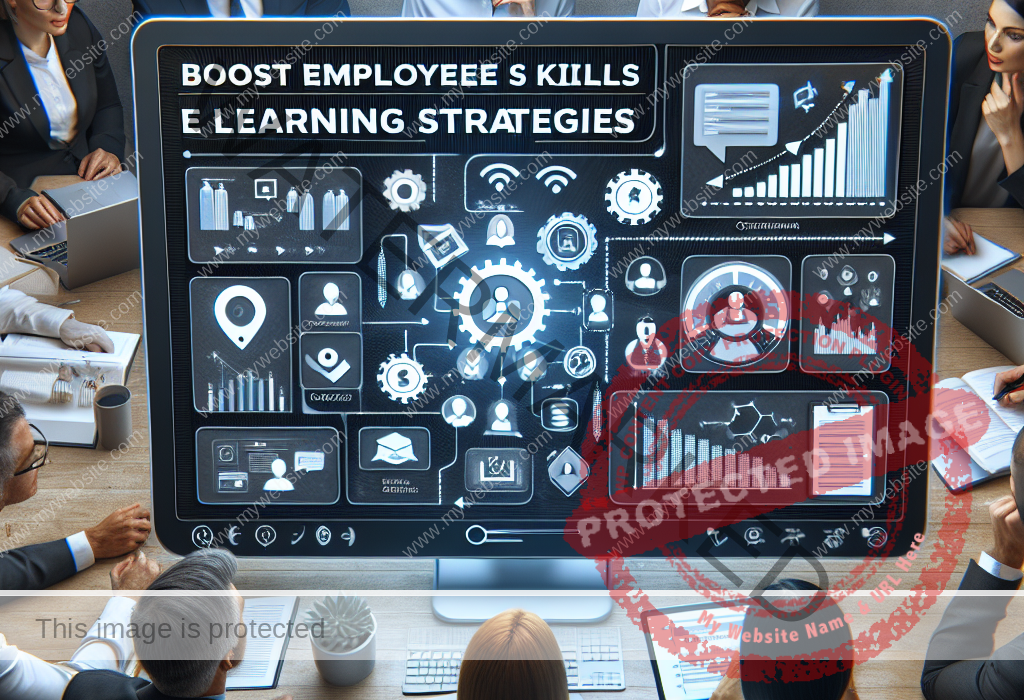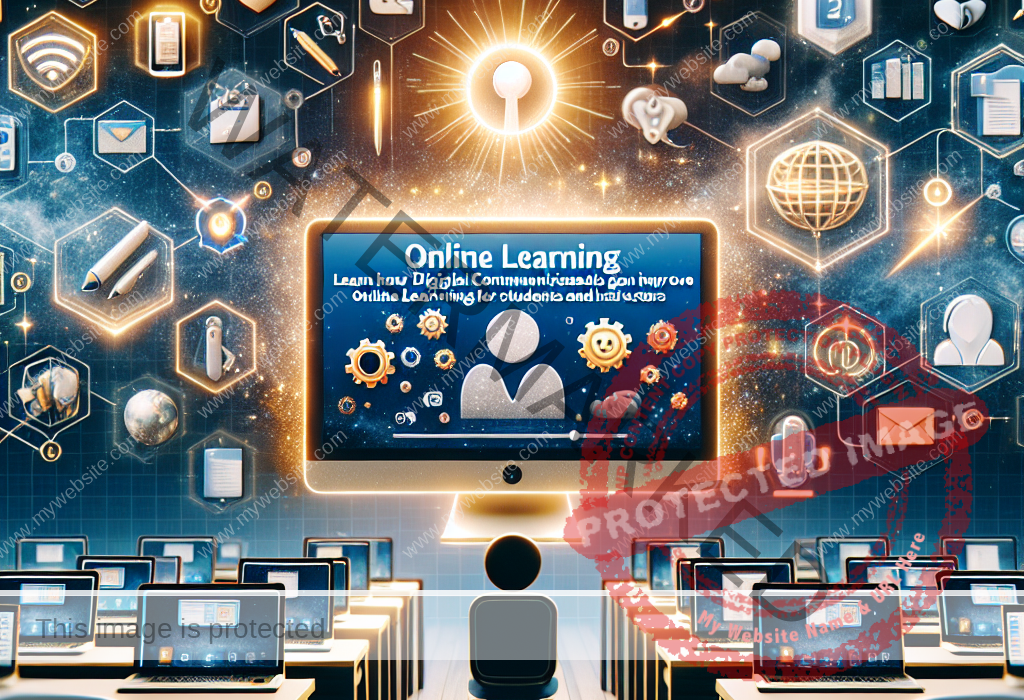“Exploring How OER Can Impact Higher Education in the Future” This blog post takes a deep dive into the potential effects of Open Educational Resources (OER) on higher education in 2025. It discusses how OER can make education more accessible to all, reduce costs for students, and encourage innovative teaching methods. Let’s explore the exciting opportunities that OER could bring to the future of higher education.How OER is Transforming Higher Education: A Glimpse into 2025 As someone deeply involved in creating digital learning experiences, I constantly seek out new trends that are reshaping the field of education. A recent article discussing the impact of Open Educational Resources (OER) on higher education in 2025 caught my attention with its ambitious vision for the future of learning. OER is a game-changer in academia, offering educational materials that are freely accessible, openly licensed, and can be used, modified, and shared to enhance learning. The article highlights key features of OER such as affordability, adaptability, and accessibility, which are transforming how knowledge is shared and acquired in higher education. Enabling Affordable Education Solutions One standout point in the article is the focus on how OER is promoting affordable education solutions by removing the barrier of expensive textbooks and proprietary learning tools. As someone dedicated to making learning available to everyone, the widespread adoption of OER policies in higher education institutions by 2025 is a promising step that I fully endorse. The Intersection of Technology and OER Another aspect that caught my eye is how OER is driving digital innovation in higher education by seamlessly integrating with technology. The use of cloud-based repositories, Learning Management Systems (LMS), adaptive learning tools, and mobile apps to host and deliver OER reflects the dynamic and responsive learning environments that universities aim to create. Moreover, combining AI and data analytics with OER is reshaping personalized learning experiences, making education more engaging and effective for students. Promoting Equity and Inclusivity The article also highlights how OER is advancing equity and inclusivity in education by offering free, customizable educational materials to students from diverse backgrounds. By eliminating financial barriers and providing adaptable content that caters to various needs, OER is fostering an inclusive learning environment that supports all learners equally. This resonates with me as a digital learning developer committed to creating inclusive and accessible learning experiences for everyone. In summary, the article presents a compelling vision of how OER is reshaping the future of higher education by promoting affordability, collaboration, digital innovation, equity, and inclusivity. As someone passionate about using technology to revolutionize learning, the insights shared in this article have inspired me to explore the potential of OER in my own projects. If you want to delve deeper into the impact of OER on higher education in 2025, I recommend reading the original article here. Unleashing the Potential of OER: Enabling Affordable and Inclusive Education In the ever-evolving landscape of higher education, Open Educational Resources (OER) have emerged as a transformative force driving accessibility, affordability, and inclusivity. As a digital learning developer deeply immersed in this field, the opportunities presented by OER to reshape the future of education are truly exciting. Fostering Collaboration and Innovation One highlight of the article is the emphasis on collaborative learning platforms made possible by OER. By encouraging collaboration among students, educators, and researchers, OER facilitates the creation and enhancement of educational content that reflects diverse perspectives and stays current. This collaborative approach not only improves the quality of educational resources but also strengthens connections between institutions, promoting a more interconnected academic environment. Utilizing Technology for Personalized Learning The integration of OER with emerging technologies like Artificial Intelligence (AI) and data analytics is redefining personalized learning experiences in higher education. AI-powered platforms leverage OER to offer tailored learning paths, monitor student progress, and provide immediate feedback, transforming traditional classrooms into dynamic and interactive spaces. As someone always seeking ways to enhance user engagement, the blend of OER and AI creates new possibilities for developing engaging and personalized learning experiences. Encouraging Lifelong Learning and Professional Growth The article also highlights the role of OER in supporting lifelong learning through micro-credential programs and professional development courses. By providing free and easily accessible resources, OER empowers learners to continuously enhance their skills in a rapidly changing technological landscape. The rise in online platforms offering OER-aligned courses underscores the demand for flexible, high-quality learning materials, emphasizing the importance of OER in supporting ongoing professional development. As a digital learning developer dedicated to leveraging technology for better learning experiences, the insights shared in the article have piqued my interest and motivated me to explore the potential of OER in my own projects. The transformative power of OER in promoting affordability, collaboration, technology integration, and lifelong learning is reshaping the future of higher education and creating a more inclusive and accessible academic environment. Overcoming Challenges and Embracing the OER Revolution in Higher Education Navigating the changing landscape of digital learning, the emergence of Open Educational Resources (OER) as a driving force in higher education has captured my attention. A recent article discussing the impact of OER on future learning in 2025 sheds light on the challenges and solutions involved in adopting OER, highlighting its potential to promote affordability, collaboration, and inclusivity in education. Ensuring Quality in OER The article points out a key challenge in OER adoption – maintaining the quality and accuracy of educational materials. As someone dedicated to offering high-quality learning experiences, I recognize the importance of rigorous peer review processes and evaluation tools to uphold standards in OER content. By ensuring the quality of OER materials, educators can create engaging and effective learning resources that enhance student outcomes. Empowering Faculty and Students in OER Adoption Another challenge highlighted in the article is the time and effort required to adapt, adopt, and create OER materials. Providing faculty with resources and support, such as Instructional Designers and librarians, is crucial for making the OER adoption process effective and manageable. Collaborating closely with educators and subject matter experts, I understand the value of empowering faculty and students to integrate OER into their teaching and learning practices. Promoting Awareness and Accessibility of OER The article also stresses the importance of increasing awareness and dispelling misconceptions about OER being inferior to commercial materials. By showcasing the benefits of OER through workshops, success stories, and quality examples, educators can improve the perception of OER and encourage broader adoption. As someone passionate about creating inclusive and accessible learning experiences, I believe that raising awareness about OER and its potential to transform education is critical for fostering a culture of collaboration and innovation in higher education. In conclusion, the challenges and solutions outlined in the article demonstrate the transformative impact of OER in addressing barriers to affordable, collaborative, and inclusive education. As a digital learning developer at the forefront of this field, I am excited about the potential of OER to revolutionize education and create a more equitable and accessible academic landscape. To further explore the challenges and solutions in OER adoption, I recommend reading the original article here.
Reading Time: < 1 minutes











